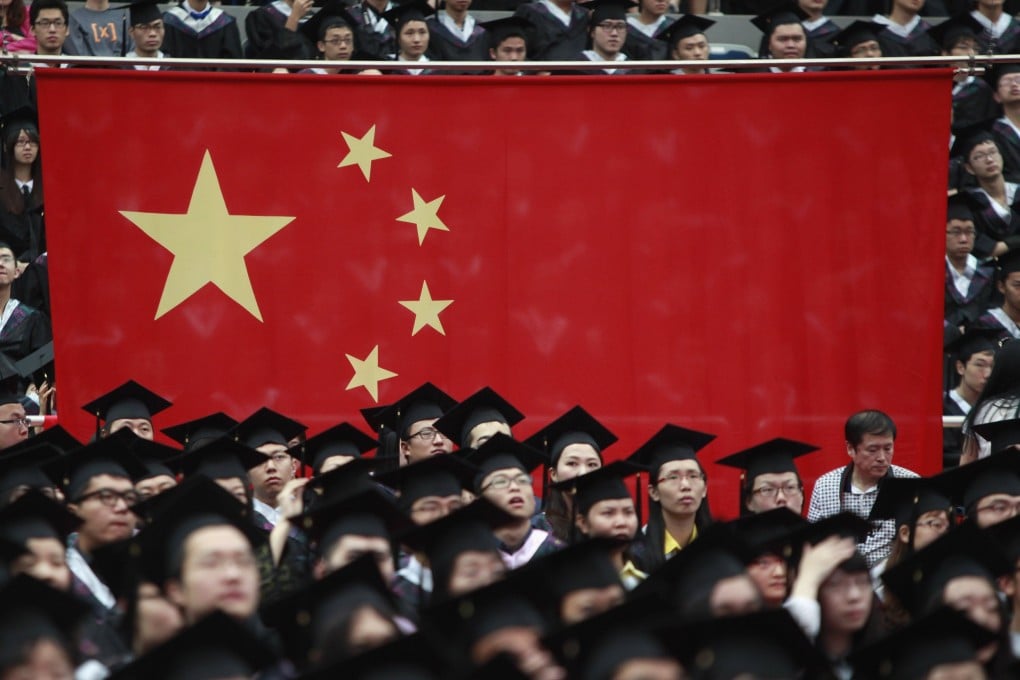China updates patriotic education push to forge stronger national identity – including in Hong Kong
- Sweeping guidelines define patriotism as love of motherland, socialism and Communist Party
- They are an update to a similar set Beijing issued 25 years ago

Beijing has issued a new set of “patriotic education” guidelines, calling on the public to nurture an “open and tolerant, rational and peaceful” attitude to a fast-changing world and China’s place in it.
Although the guidelines offer mainly general principles, they cover a broad range of areas for patriotic education, including schools, Communist Party activities, the media, new technologies and mass entertainment.
The guidelines – jointly issued by the Communist Party’s Central Committee and the State Council – define patriotism as not just love of the motherland but also of socialism and the Communist Party.
“[We must] ... stand firm in insisting that the leadership of the Communist Party, and continuing on the path of socialism with Chinese characteristics are the fundamental guarantees [for China] to achieve national prosperity,” the introduction to the guidelines said.
They made clear that while supporting party’s agenda was important, patriotism should go hand in hand with opening up to the outside world.
“[We need to] properly channel people’s understanding of the mega development trends that China and the rest of the world face, and correctly understand China’s relationship with the world,” the document said.